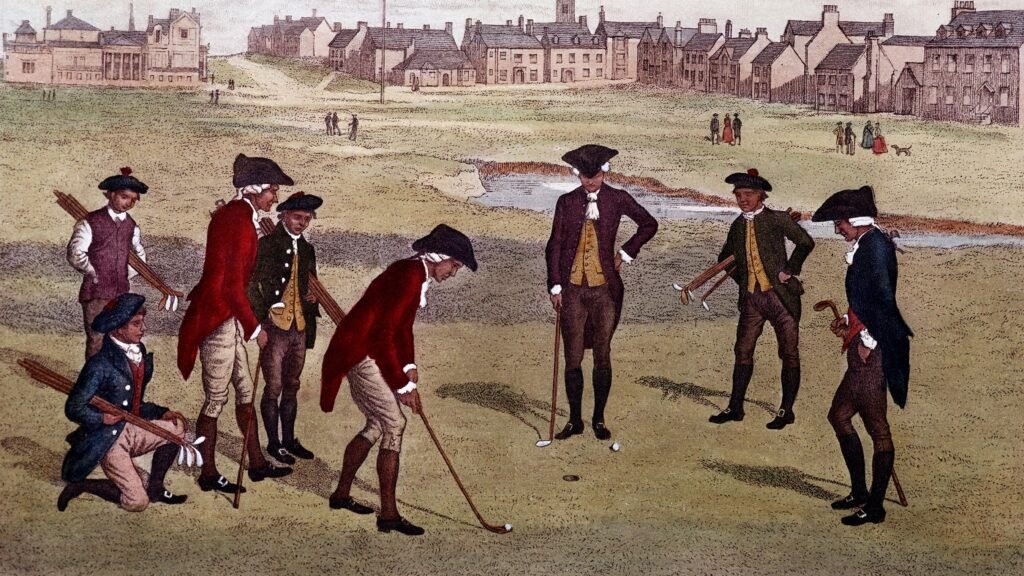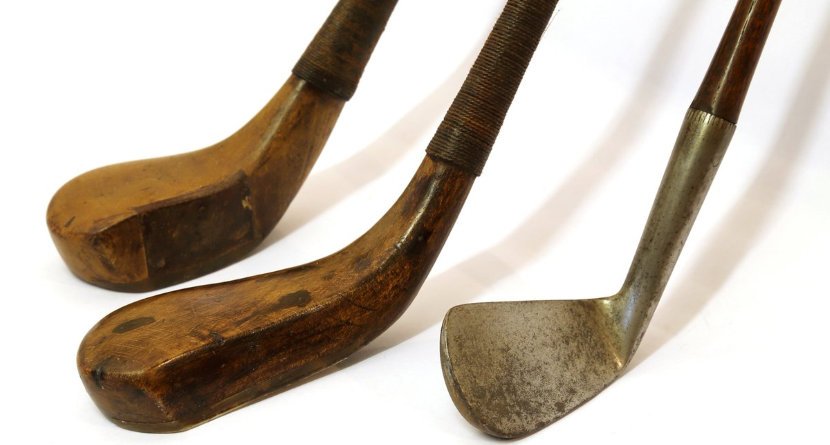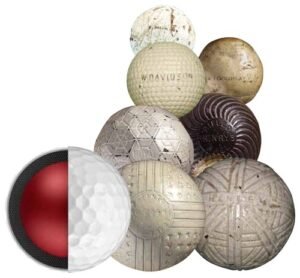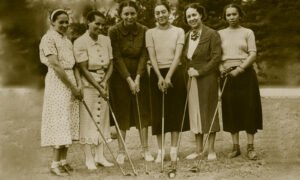Golf, a sport adored by millions around the globe, boasts a rich history filled with fascinating tales and milestones. From its origins in 15th-century Scotland to its resurgence in the Olympic Games, golf has evolved into a beloved pastime that combines skill, strategy, and a deep connection with nature. Let’s take a journey through time to explore the captivating history of golf.
Origins in Scotland
The modern game of golf is widely believed to have originated in Scotland during the 15th century. The earliest recorded mention of golf dates back to 1457, when the Scottish Parliament banned the game because it was considered a distraction from military training. However, this ban did little to curb the enthusiasm for the sport, and golf quickly gained popularity among Scots of all social classes.
One of the most iconic and historic golf courses is the Old Course at St Andrews. Known as the “Home of Golf,” this course has been a hub for golfers for over 600 years. St Andrews continues to be a pilgrimage site for golf enthusiasts, hosting major championships and maintaining its status as a symbol of the sport’s heritage.
The Spread of Golf
As the game flourished in Scotland, it began to spread to other parts of the British Isles and eventually to the rest of the world. In the 18th century, golf clubs and societies began to form, establishing rules and standards that would shape the game for centuries to come. The Honourable Company of Edinburgh Golfers, founded in 1744, and the Royal and Ancient Golf Club of St Andrews, established in 1754, played crucial roles in formalizing the rules of golf.
By the 19th century, golf had crossed the Atlantic and gained a foothold in the United States. The first golf club in America, the St. Andrews Golf Club in Yonkers, New York, was founded in 1888. The establishment of the United States Golf Association (USGA) in 1894 further solidified the sport’s presence in America.





Golf’s Olympic Comeback
Golf made its debut as an Olympic sport in the 1900 Paris Games and was also featured in the 1904 St. Louis Games. However, it was subsequently removed from the Olympic roster and remained absent for more than a century. The sport’s long-awaited return to the Olympics finally came in the 2016 Rio de Janeiro Games, marking a significant milestone in golf’s history. This reintroduction has helped to elevate the sport’s profile and inspire a new generation of golfers.
Modern Golf: A Global Phenomenon
Today, golf is enjoyed by millions of players and spectators worldwide. The sport has produced legends such as Jack Nicklaus, Tiger Woods, and Annika Sörenstam, whose remarkable achievements have captivated audiences and inspired countless aspiring golfers. Major tournaments like The Masters, the U.S. Open, The Open Championship, and the PGA Championship attract global attention and showcase the highest levels of skill and competition.
Golf’s enduring appeal lies in its unique blend of tradition, challenge, and camaraderie. Whether played on a historic course in Scotland or a modern venue in Australia, golf continues to bring people together, offering both relaxation and excitement in equal measure.
Conclusion
From its humble beginnings in the windswept Scottish countryside to its modern-day status as a global sport, golf’s history is a testament to its enduring charm and universal appeal. As we look to the future, the legacy of golf will undoubtedly continue to grow, inspiring players and fans for generations to come.

References
Ready to tee off on your next adventure? Contact us today to plan your unforgettable golfing experience!


